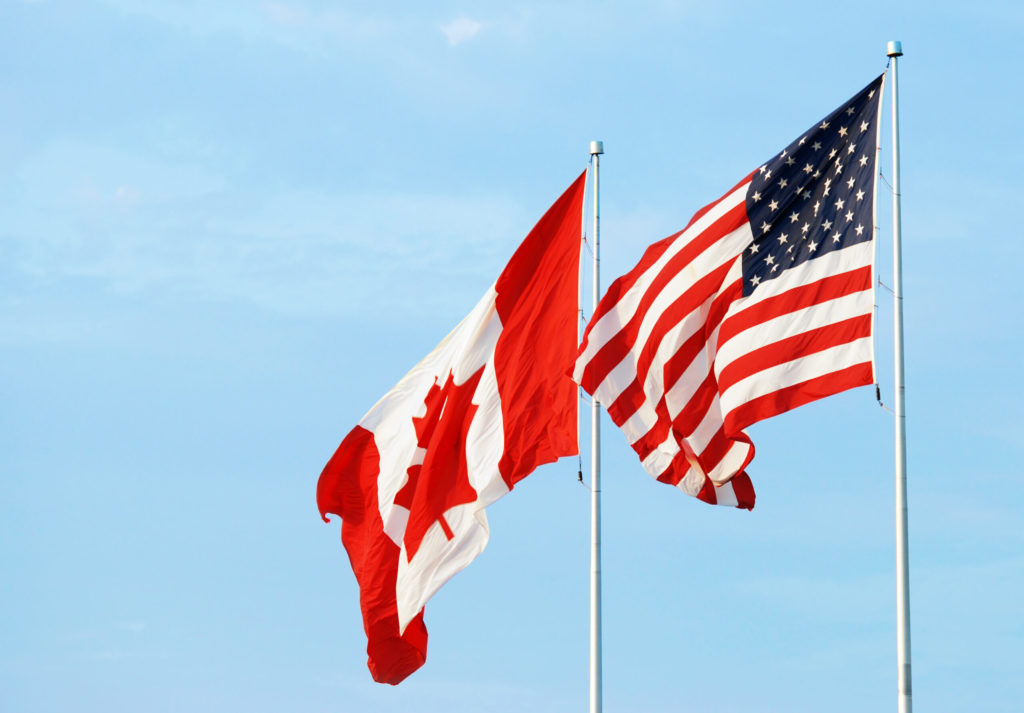WASHINGTON, Jan. 31, 2023—The International Dairy Foods Association (IDFA) today endorsed U.S. Trade Representative Katherine Tai’s establishment of a second formal dispute settlement case over Canada’s manipulation of dairy tariff-rate quotas (TRQs) under the United States-Mexico-Canada Agreement (USMCA). The announcement follows a third round of consultations with Canada that added new legal claims against its TRQ administration. These claims are consistent with IDFA’s priority concerns with Canada’s failure to comply with its USMCA TRQ commitments.
Canada had agreed to increase U.S. dairy access to its market for milk, cheese, butter, cream, skim milk powder, yogurt, whey, and ice cream by establishing TRQs for those items. But Canada continues to construct its dairy TRQ rules in a manner that discourages those products from entering the country by reserving a large percentage of each dairy TRQ for its own dairy processors, who have no incentive to import U.S. products that they themselves produce. That action, IDFA argues, limits the ability of U.S. suppliers to export and is not fair and equitable administration of its TRQs, as Canada has committed to do under USMCA.
“IDFA is very grateful to Ambassador Tai and the entire U.S. government team for moving forward with this enforcement action against Canada, the resolution of which is a critically important matter for U.S. dairy producers and processors,” said IDFA President and CEO Michael Dykes. “We appreciate Ambassador Tai’s open and vigilant commitment to enforcing U.S. trade agreements to their fullest and maintaining a rules-based trading system.”
In 2022, Canadian TRQ policies withheld TRQ allocations to dairy importers due to the Canadian government’s concerns with U.S. electric vehicle tax credit legislation.
“Although Canada has since rescinded the policy, many other Canadian TRQ policies concerning to IDFA members remain in place, including Canada’s policies to manipulate quota allocations in order to favor Canadian processors, prohibit retailers and foodservice operators from receiving quota, and require constant import activity in a manner that prevents new importers from being eligible to obtain quota,” said Dykes.
In 2019—just before USMCA’s entry into force—the U.S. International Trade Commission (ITC) estimated that U.S. dairy exports to Canada would grow by $227 million due to USMCA’s terms. Although dairy exports have increased since the pact took effect, those increases have fallen well short of the ITC estimate.
The U.S. dairy industry exports approximately 18% of all milk production. As U.S. milk production continues to increase over the next decade while other dairy-producing competitors see decreasing production, the U.S. government must ensure there are functioning, efficient avenues for U.S. dairy exports to meet growing global demand in North America and around the world. IDFA supports the Biden Administration’s efforts to bring Canada’s TRQ administration into compliance with their USMCA commitments, along with their pricing policies into compliance with their WTO obligations.
# # #
The International Dairy Foods Association (IDFA), Washington, D.C., represents the nation’s dairy manufacturing and marketing industry, which supports more than 3.3 million jobs that generate $41.6 billion in direct wages and $753 billion in overall economic impact. IDFA’s diverse membership ranges from multinational organizations to single-plant companies, from dairy companies and cooperatives to food retailers and suppliers, all on the cutting edge of innovation and sustainable business practices. Together, they represent 90 percent of the milk, cheese, ice cream, yogurt and cultured products, and dairy ingredients produced and marketed in the United States and sold throughout the world. Delicious, safe and nutritious, dairy foods offer unparalleled health and consumer benefits to people of all ages.
IDFA Media Contact

Andrew Jerome
Vice President, Communications

